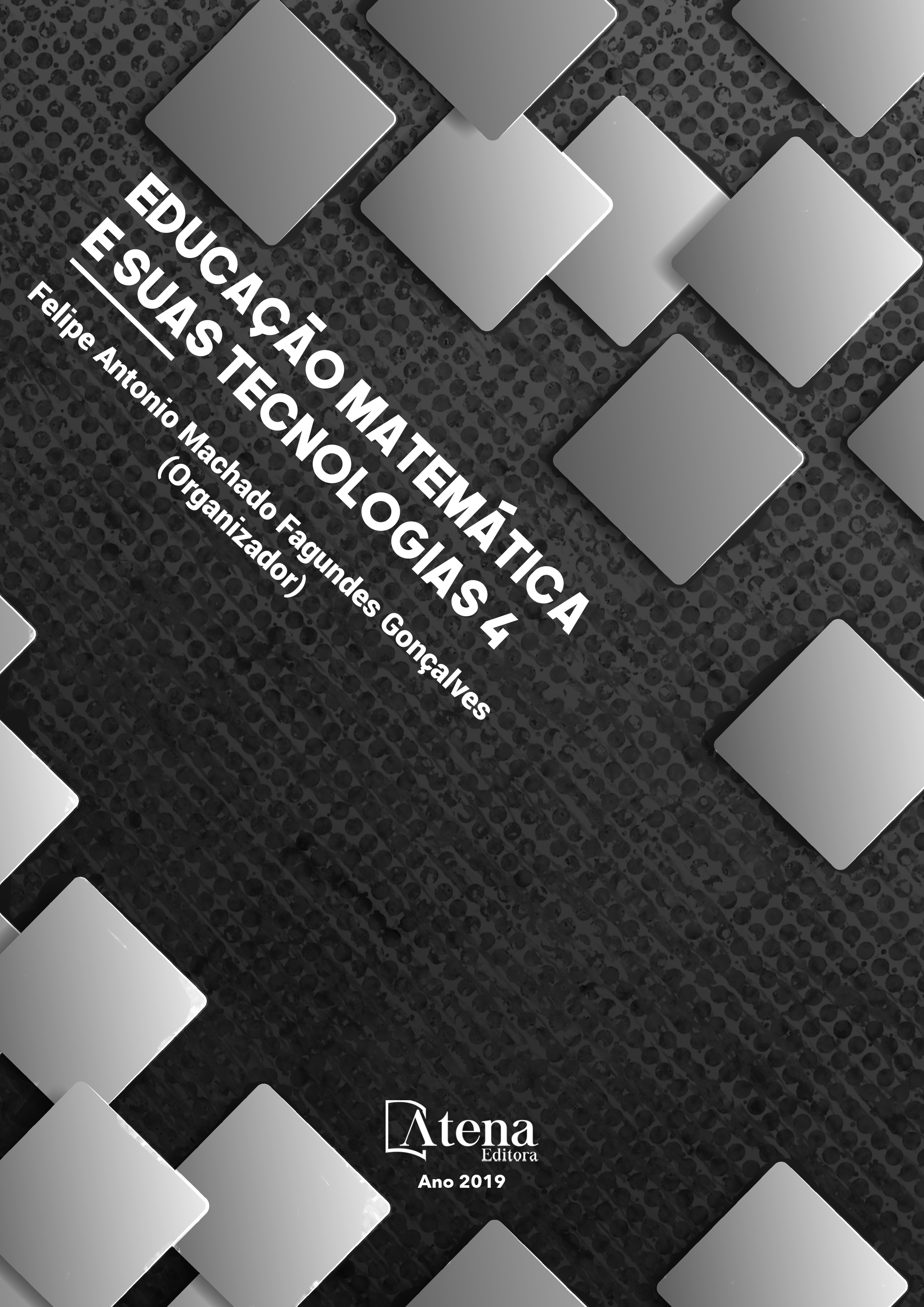
O desenvolvimento do pensamento proporcional nas escolas paroquiais luteranas do século XX no Rio Grande do Sul.
Este capítulo aborda o
desenvolvimento do pensamento proporcional
nas escolas paroquiais luteranas do século
XX no Rio Grande do Sul. Em 1900, o Sínodo
de Missouri (Estados Unidos), hoje Igreja
Evangélica Luterana do Brasil, iniciou missão
nas colônias alemãs gaúchas, fundando
congregações religiosas e escolas paroquiais.
Tais escolas estavam inseridas num projeto
missionário e comunitário que buscava ensinar
a língua materna, a Matemática, valores
culturais, sociais e, principalmente, religiosos.
Com abordagem qualitativa e análise de
fontes documentais, a pesquisa possui
aporte metodológico na pesquisa histórica e
no conceito de cultura escolar, para análise
das edições da Terceira Aritmética da série
Ordem e Progresso e da série Concórdia,
editadas pela Igreja Luterana para as escolas
paroquiais. Verificou-se que no estudo da regra
de três simples direta foi explorada a dedução
da unidade para multiplicidade, a dedução
da multiplicidade para unidade e a dedução
da multiplicidade para multiplicidade. Estas
formas de desenvolvimento do pensamento
proporcional foram aplicadas na regra de
três simples inversa, regra de três composta,
repartição proporcional e regra de sociedade. Os
problemas que envolvem regra de três e divisão
proporcional estão relacionados com diferentes
contextos da realidade dos alunos das escolas
paroquiais luteranas gaúchas, como os hábitos
alimentares e a vida no campo dos imigrantes
alemães, e articulam-se, principalmente, com
unidades dos sistemas de medidas e operações
comerciais.
O desenvolvimento do pensamento proporcional nas escolas paroquiais luteranas do século XX no Rio Grande do Sul.
-
DOI: 10.22533/at.ed.5071924053
-
Palavras-chave: História da Educação Matemática. Escolas Paroquiais Luteranas Gaúchas. Pensamento Proporcional. Livros de Aritmética. Cultura Escolar.
-
Keywords: History of the Mathematics Education. Gaucho Lutheran Parochial Schools. Proportional Thinking. Arithmetic Books. School Culture.
-
Abstract:
This chapter discusses the
development of the proportional thinking in the
Lutheran parochial schools of the 20th century
in Rio Grande do Sul. In 1900, the Missouri
Synod (United States), today Evangelical
Lutheran Church of Brazil, started mission
in the gaucho German colonies, founding
religious congregations and parochial schools.
Such schools were included in a missionary
and community project that sought to teach
the mother tongue, the Mathematics, and
cultural, social, and principally, religious values.
With qualitative approach and analysis of
documentary sources, the research possui
methodological approach on history research
and on concept of school culture, to analyzing the editions of the Third Arithmetic of the
Order and Progress series and of the Concordia series, edited by the Lutheran Church
for their parochial schools. Verifying that in the study of three simple direct rule was
exploited the deduction of the unit for multiplicity, the deduction of the multiplicity for
unity and the deduction of the multiplicity for multiplicity. These forms of development of
the proportional thinking were applied in the three simple inverse rule, three composite
rule, proportional apportioning and society rule. The problems involving the rule of
three and proportional division are related to different contexts of the reality of the
students of Lutheran parochial schools in Rio Grande do Sul, such as the eating habits
and the life in the field of the German immigrants, and are mainly articulated with units
of the systems of measures and commercial operations.
-
Número de páginas: 15
- Malcus Cassiano Kuhn


